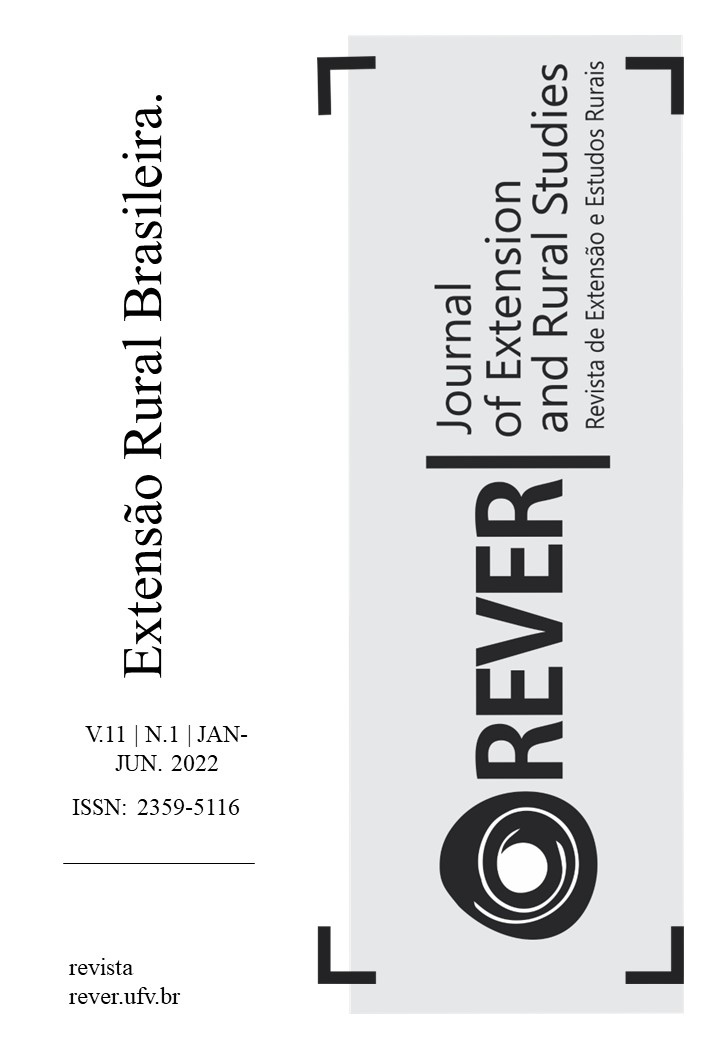A agricultura familiar:uma análise comparativa entre os aspectos socioeconômicos capixaba e brasileiro a partir dos Censos 2006 e 2017
Abstract
Family farming in Brazil accounts for 80% of occupation in rural areas and 40% of agricultural production in 2017. In the state of Espírito Santo, it has the same importance in terms of generating employment, income and tradition. Thus, this study aimed to describe and compare selected characteristics regarding social and economic aspects contained in the 2006 and 2017 Agricultural Census between Brazil and Espírito Santo. In Brazil there was a reduction in area, number of establishments (11%) and employed persons (17.6%) in family farming. The Espírito Santo economy, in turn, increased the number of establishments by 19%, 12% in area and 5.6% in the number of people employed between censuses, in contrast to the national scenario. There was an increase in the participation of women in property management with an aging rural population across the country.
Downloads
Published
How to Cite
Issue
Section
License

This work is licensed under a Creative Commons Attribution-NonCommercial 4.0 International License.





